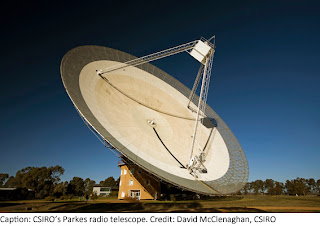When You’re Feeling Down

As I sat at the breakfast table I was feeling sorry for myself – there I said it. My remarks conveyed at my friends 70th birthday party the previous day were inadequate. I had recently lost my next older brother to cancer caused by asbestos. He was the first to die of the six boys. More recently I had taken my aged mother-in-law to the dental clinic for the third time and the weather was cold, wet and miserable. I was tired. Then I read a few more pages of Nick Vujicic’s book, Life Without Limits . Then I knew – I was being selfish! When we honestly name our emotions we are faced with a choice, In the light of this emotion what is the responsible behaviour for me?
